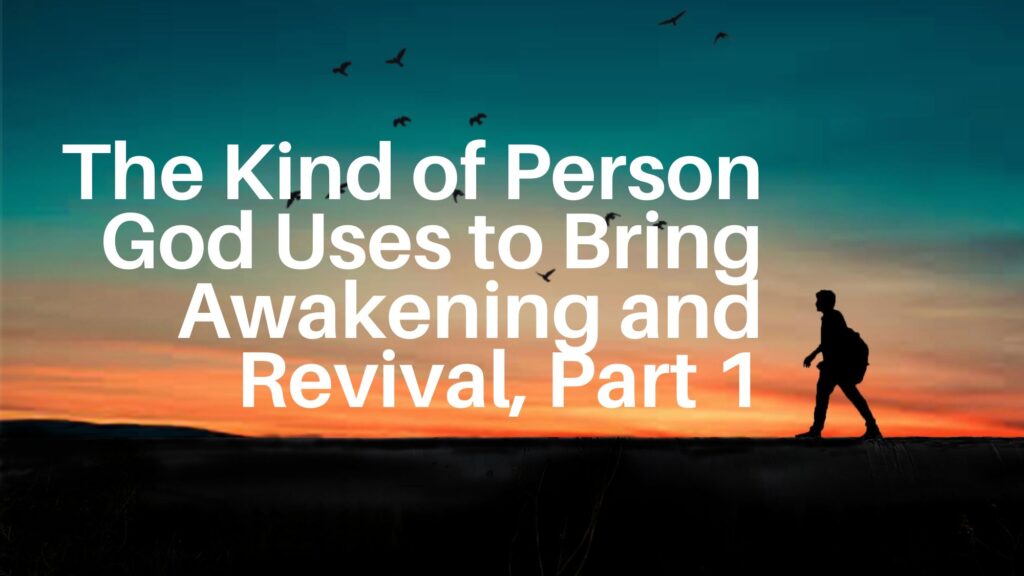
Throughout the tapestry of Christian history, moments of profound spiritual awakening—often termed revivals—have left indelible marks on societies. These periods are characterized by moral renewal, increased religious fervor, and transformative personal experiences. But what kind of person does God use to ignite such powerful movements? Ever wondered if you were that kind of person? I have. What follows is Part 1 in an attempt to explore and determine the traits commonly found in individuals who have been catalysts for awakening and revival, enriched by historical and biblical examples. You can read Part 2 here.
Let’s look.
William J. Seymour: Humility that United Many
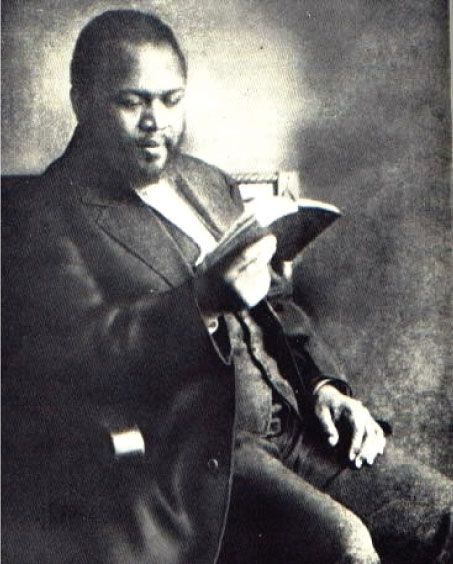
In 1906 Los Angeles, a humble African American preacher named William J. Seymour led a series of meetings in a modest building on Azusa Street. Despite facing racial discrimination and having limited formal education, Seymour was deeply committed to seeking God. He often prayed with his head inside a wooden crate behind the pulpit, symbolizing his desire to decrease so that God’s presence might increase.
Impact: Under Seymour’s leadership, the Azusa Street Revival ignited, breaking down racial and denominational barriers. People from diverse backgrounds came together, united in their pursuit of the Holy Spirit. This revival gave birth to the modern Pentecostal movement, impacting millions worldwide.
Insight: Seymour’s humility created an environment where God could work powerfully, demonstrating that true leadership in revival begins with a humble heart.
Evan Roberts: The Power of Persistent Prayer
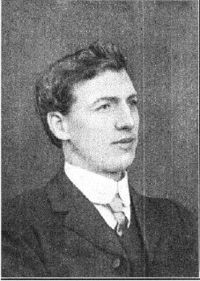
In early 20th-century Wales, a young coal miner named Evan Roberts felt a deep burden for his nation’s spiritual state. He began to pray fervently, often spending hours each day in intercession. Roberts believed that through persistent prayer, God would bring revival to Wales.
Impact: His dedication sparked the Welsh Revival of 1904-1905, where churches overflowed with people seeking God. The movement led to widespread societal changes, including reductions in crime and increased community unity.
Insight: Roberts’ life illustrates that a deep, persistent prayer life is foundational to spiritual awakening. Revival often begins when individuals commit to seeking God earnestly.
Moses: Obedience Amidst Doubt
In the biblical narrative, Moses was tending sheep when he encountered the burning bush. God called him to lead the Israelites out of Egyptian slavery. Despite his insecurities and fear of public speaking, Moses chose to obey God’s command.
Impact: His obedience resulted in the Exodus, liberating a nation and showcasing God’s power through miracles like the parting of the Red Sea.
Insight: Moses’ story teaches that obedience to God’s call—even when we feel inadequate—is crucial. God can accomplish great things through those who are willing to act on His instructions.
John Wesley: A Passion for Holiness
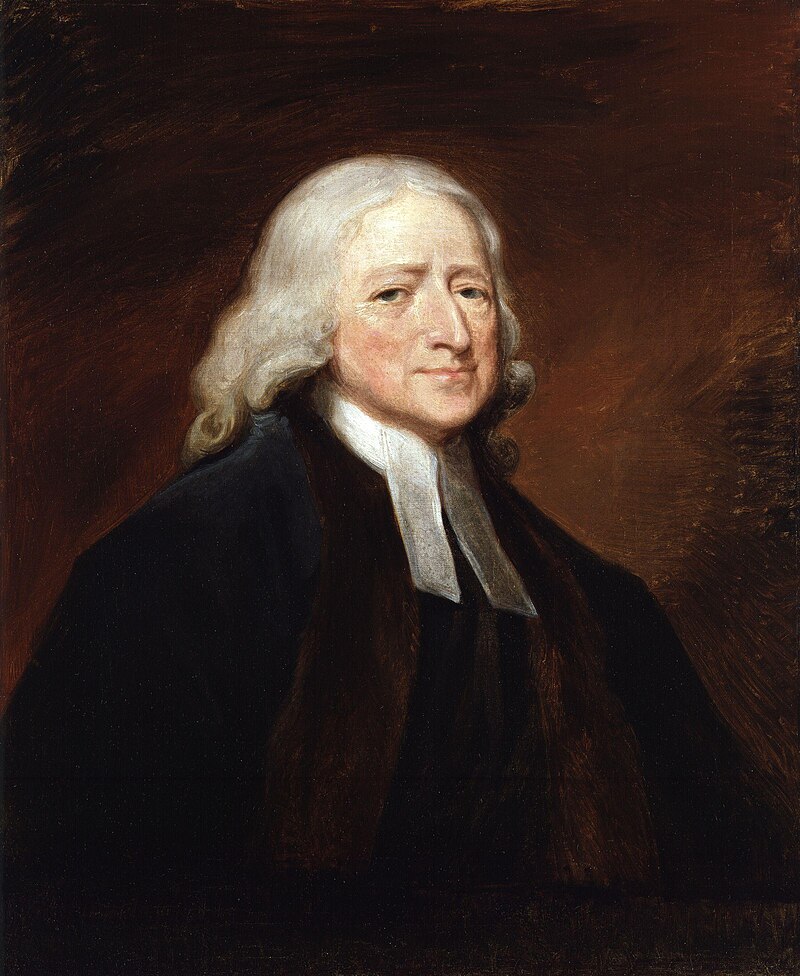
In 18th-century England, John Wesley observed a lack of genuine faith and moral decline. Determined to inspire change, he emphasized the pursuit of personal and social holiness. Wesley practiced rigorous spiritual disciplines and encouraged others to do the same through small group meetings and open-air preaching.
Impact: His efforts led to the Methodist movement, which played a significant role in the First Great Awakening. The movement not only revived spiritual fervor but also addressed social issues like poverty and education.
Insight: Wesley’s passion for holiness demonstrates that personal transformation can lead to widespread societal change. A commitment to living a life pleasing to God can inspire others to seek the same.
William Booth: Compassion That Transforms
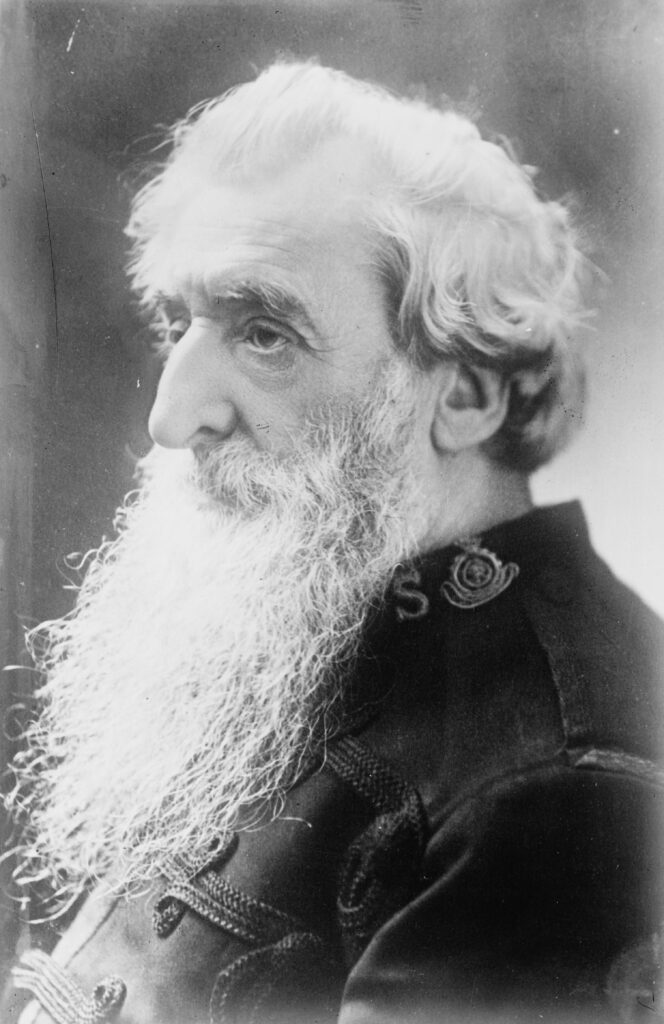
Confronted by the dire poverty in London’s East End, William Booth felt compelled to act. In 1865, he founded The Salvation Army, aiming to meet both the physical and spiritual needs of the destitute. Booth and his followers provided food, shelter, and employment training while sharing the Gospel.
Impact: His comprehensive approach transformed lives and communities, spreading internationally and becoming a significant force for social reform.
Insight: Booth’s life shows that compassion opens doors for the Gospel. Meeting practical needs can be a powerful expression of God’s love and a catalyst for revival.
Next Time
Stay tuned for Part 2, where we’ll explore some more historical and biblical examples of those God uses to bring about awakening and revival, identify common threads among them, and learn how we can apply these lessons to our lives today.
READ: The Kind of Person God Uses to Bring Awakening and Revival, Part 2

Rev. Brad Whipple
President, The Great Awakening Foundation
